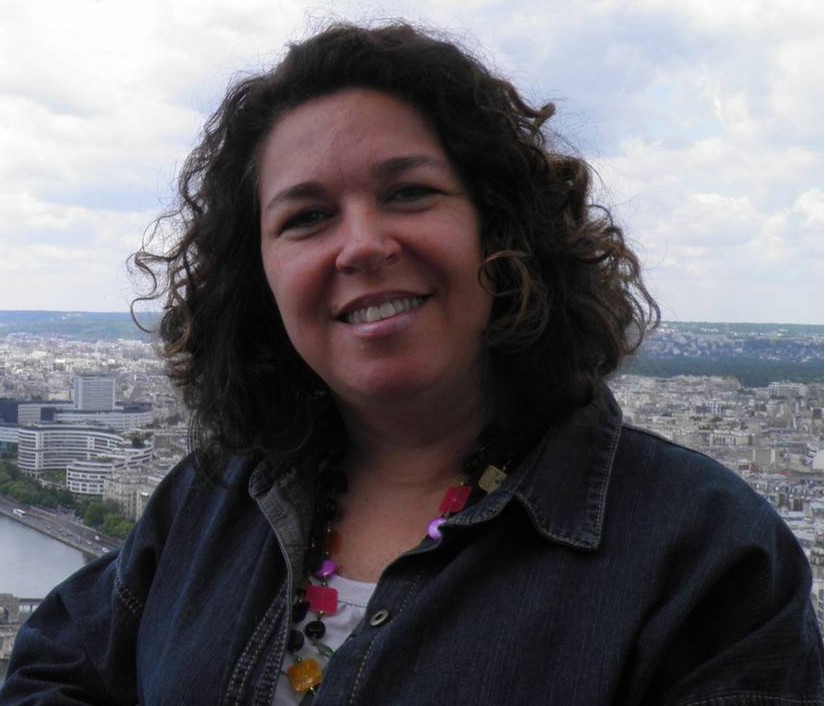Maria Isabel Nogueira Cano, Ph.D.

- Title
- Associate Professor
- Department
- Department of Genetics
- Institution
- University Estadual Paulista Julio de Mesquita Filho
- Address
-
Botucatu Rua 02, s/no.
Rubiao Junior - City
- Botucatu, Sao Paulo
- Country
- Brazil
- Phone
- (+5514) 3880 0388
- [email protected]
- Website
- http://www.ibb.unesp.br/#!/departamentos/genetica/laboratorios/

- Research field
- Molecular Biology
- Award year
- 1997
- Country of origin
- Brazil
- Mentor name
- Nina Agabian, Ph.D.
Research
The research in my lab is focused on telomere biology of trypanosomatid protozoa with the aim to find strategies to develop new therapies against neglected human pathologies such as South American and African trypanosomiasis and leishmaniasis. At the time that I was a post-doctoral fellow in Dr. Blackburn�s lab (2009 Nobel Prize in Medicine and Physiology) I had the opportunity to start this research line. One of my main contributions at that time was to show that trypanosomatid telomeres are maintained by the action of telomerase and to describe part of the sequence contained at the RNA component of trypanosomes telomerase. There, I had also started to characterize the composition of the telomere structure of these protozoa and back to Brazil I continue this research, more specifically working with Brazilian pathogens such as L. amazonensis. The main contribution of my lab group to the field was the characterization of Leishmania telomere end structure, the cloning and enzymatic characterization and purification of telomerase from different Leishmania species and the isolation and functional characterization of protozoa double and single-stranded telomere binding proteins. We are actually developing different approaches to unveil the dynamics of protein:protein interactions at Leishmania and T. cruzi telomeres and also to discover if in which stage of protozoa cell cycle telomeres behave as DSBs. We are now trying to study the involvement of DNA damage/repair protein in telomere length maintenance. The Telomeres lab research group that I coordinate, exists for 10 years now, and is very active in teaching, supervising (graduate and undergraduate students, pos-docs) and also in scientific research. This group also organizes courses and seminars aimed to increase the awareness of scientists and physicians about this very important and exciting field of research. The Telomeres group has also important scientific collaborations with national and international research groups working on proteomics, protein structure, protein biophysics, DNA replication, bioinformatics and drug development.
Fellow Keywords
1997 Search Pew Fellows
- Juan Marcello Antonelli Anativia, Ph.D.
- Maria Isabel Nogueira Cano, Ph.D.
- María Fernanda Ceriani, Ph.D.
- Thalia Fernandez, Ph.D.
- Refugio García-Villegas, Ph.D.
- Carlos Henrique Inacio Ramos, Ph.D.
- Enrique Alejandro Reynaud Garza, Ph.D.
- Vanessa Sperandio, Ph.D.
- Erica Werner, Ph.D.
- Elizabeth Sumi Yamada, M.D., Ph.D.